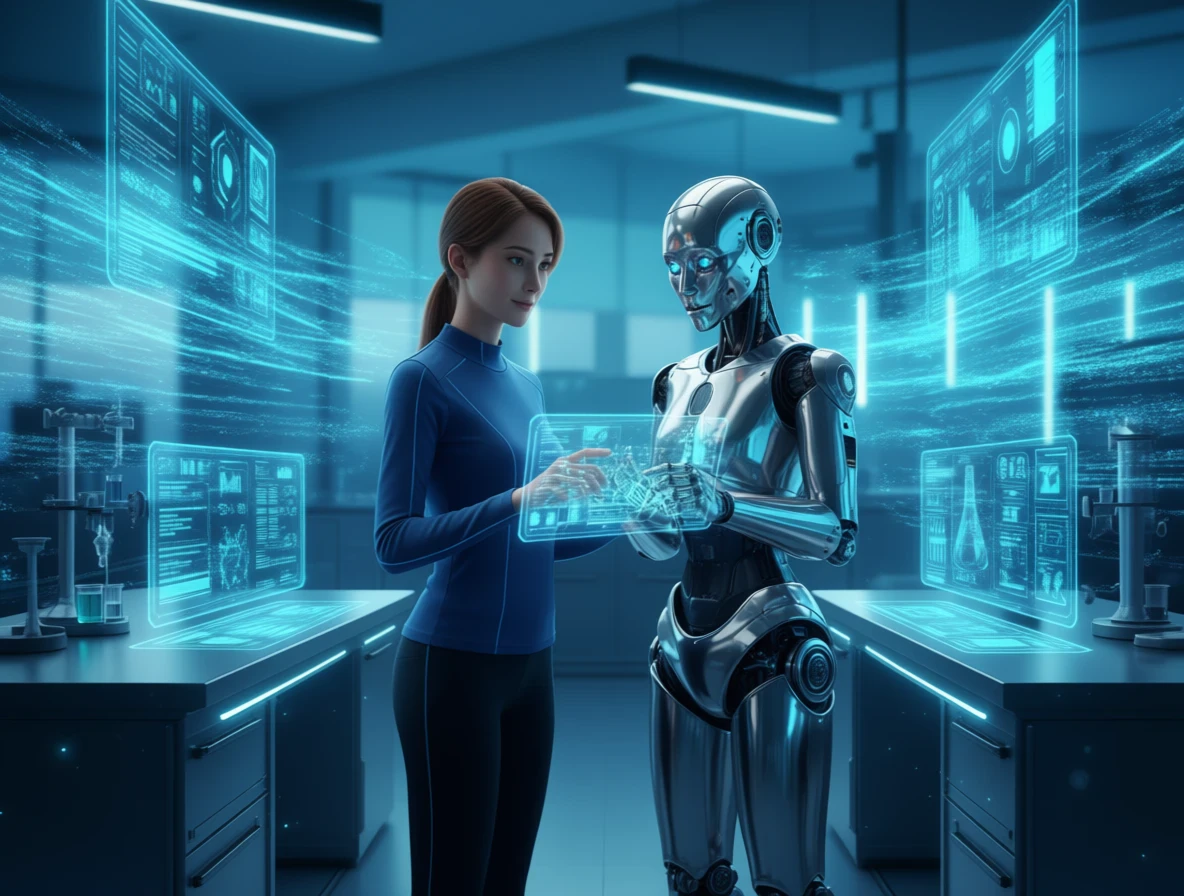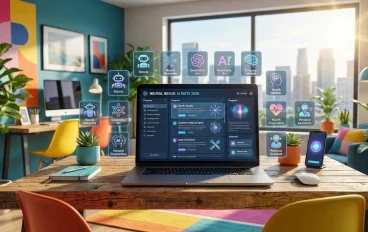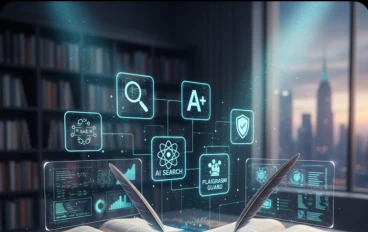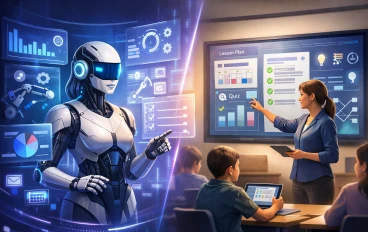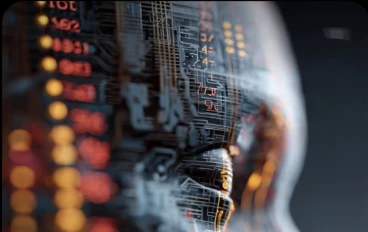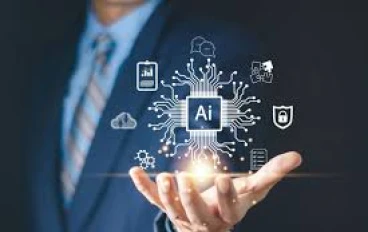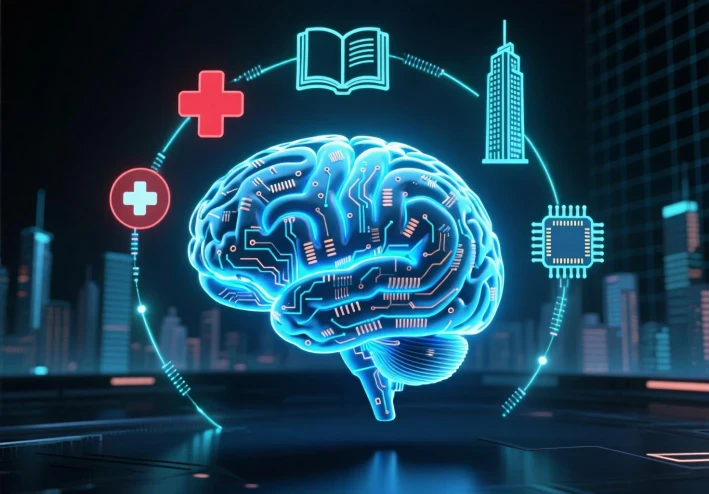
Artificial Intelligence Revolution
Artificial Intelligence Revolution
Introduction
In recent years, the term Artificial Intelligence has become one of the most popular in the field of technology. It is no longer just an idea from science fiction movies but a tangible reality we experience in our phones, social media platforms, and even healthcare systems. The integration of AI into our daily lives reflects the dawn of a new era known as the Fourth Industrial Revolution.
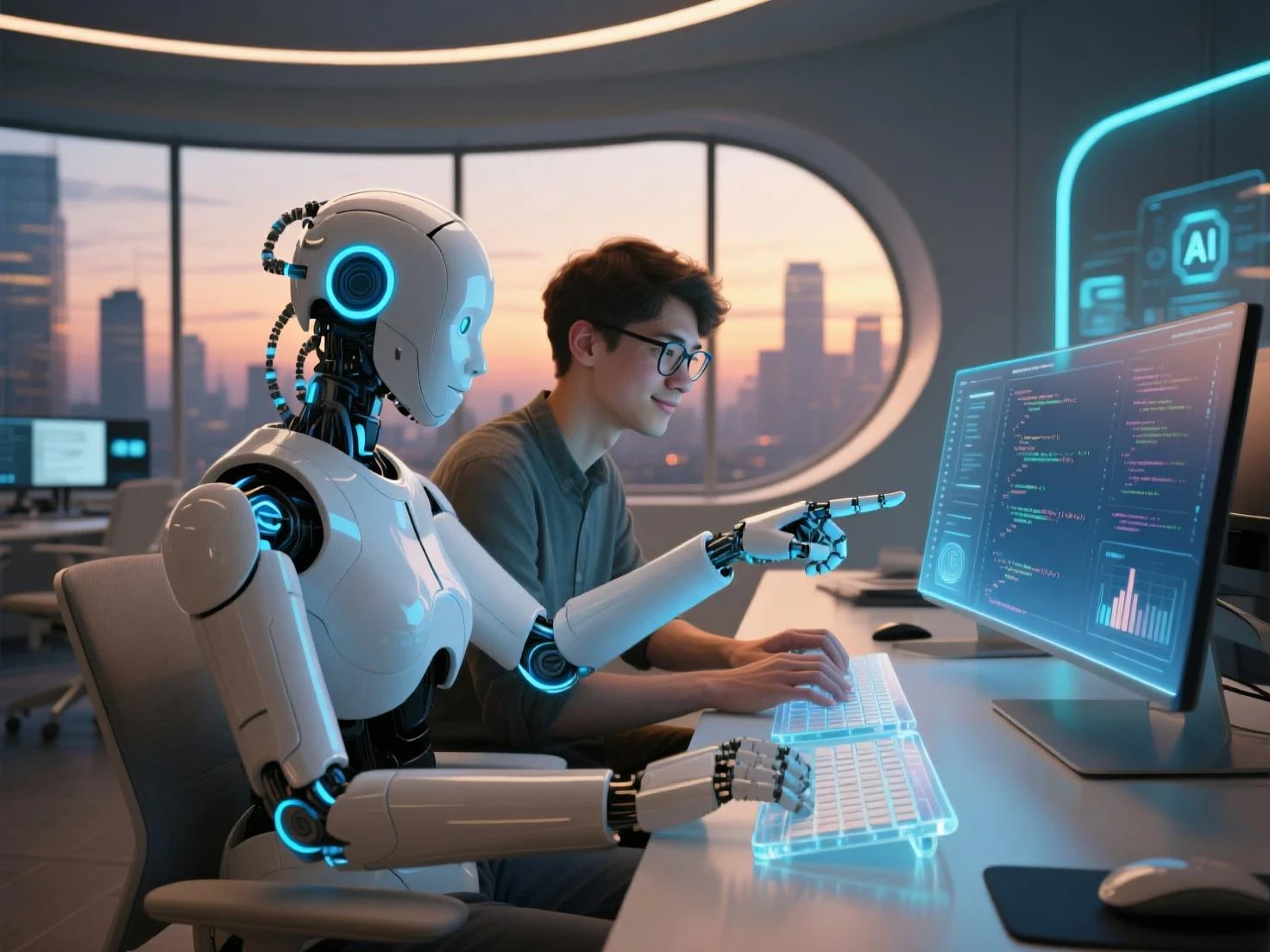
?What is Artificial Intelligence
Artificial Intelligence is a branch of computer science focused on creating systems capable of thinking and learning like humans. It relies on techniques such as machine learning, natural language processing, and computer vision. Unlike traditional programming, it learns from data instead of fixed instructions. This makes AI one of the closest attempts to simulate the human mind.
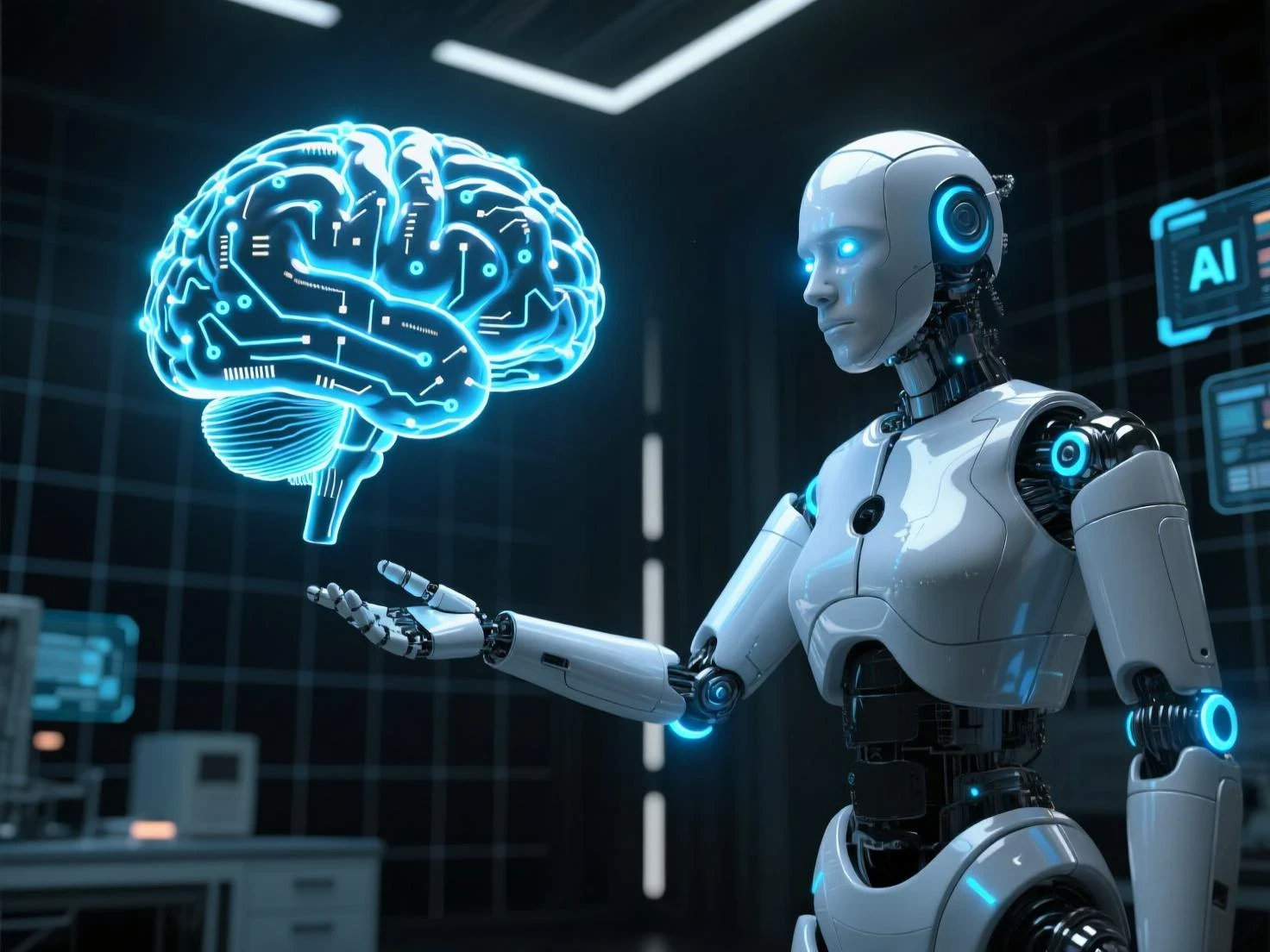
Applications of Artificial Intelligence in Our Lives
Artificial Intelligence is applied in many areas:
In medicine: helping diagnose diseases with high accuracy.
In education: offering personalized learning experiences.
In e-commerce: recommending products based on user interests.
In transportation: developing self-driving cars.
These applications make AI an inseparable part of the future.
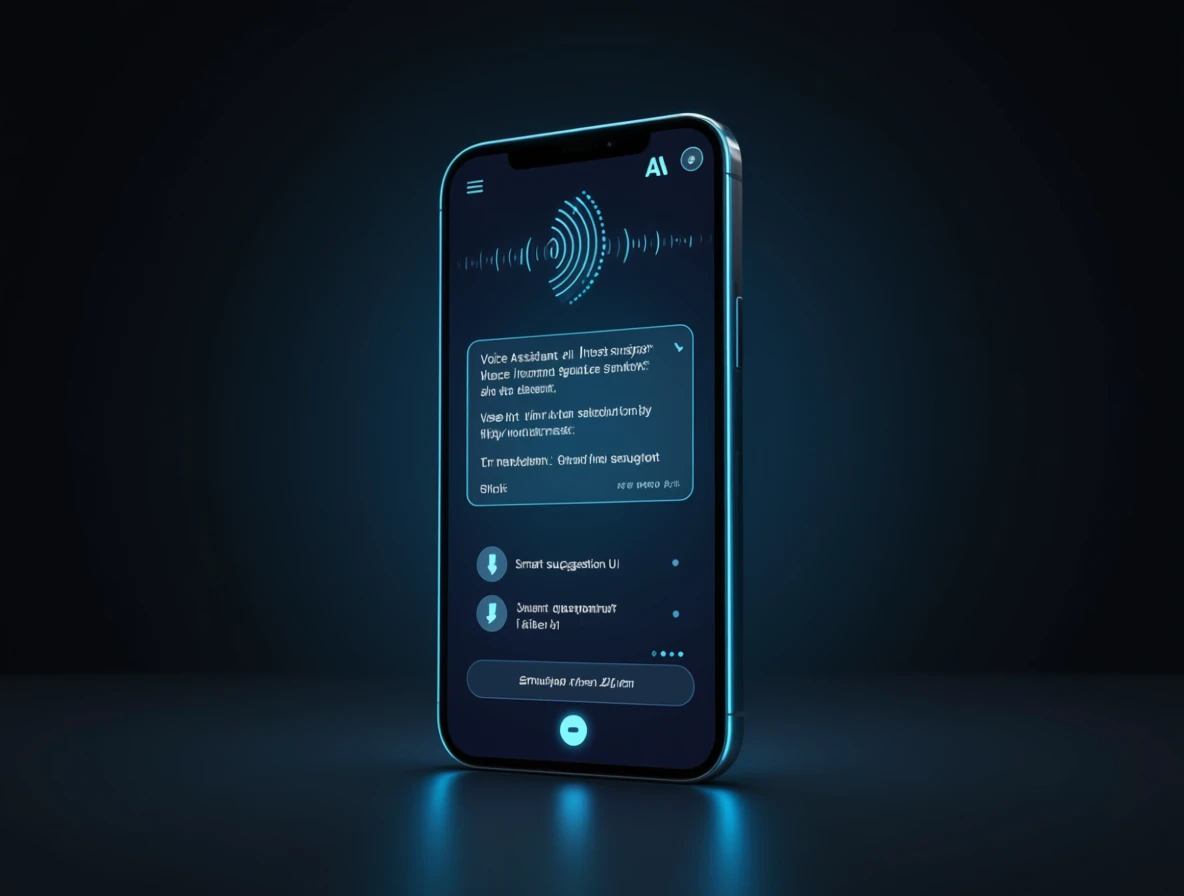
Advantages of Artificial Intelligence
The most important advantages of AI include:
1. Analyzing and processing massive amounts of data quickly.
2. Reducing human errors and increasing accuracy.
3. Boosting productivity and efficiency in organizations.
4. Offering innovative solutions to complex problems.
These benefits have made AI a driving force in 21st-century technological development.
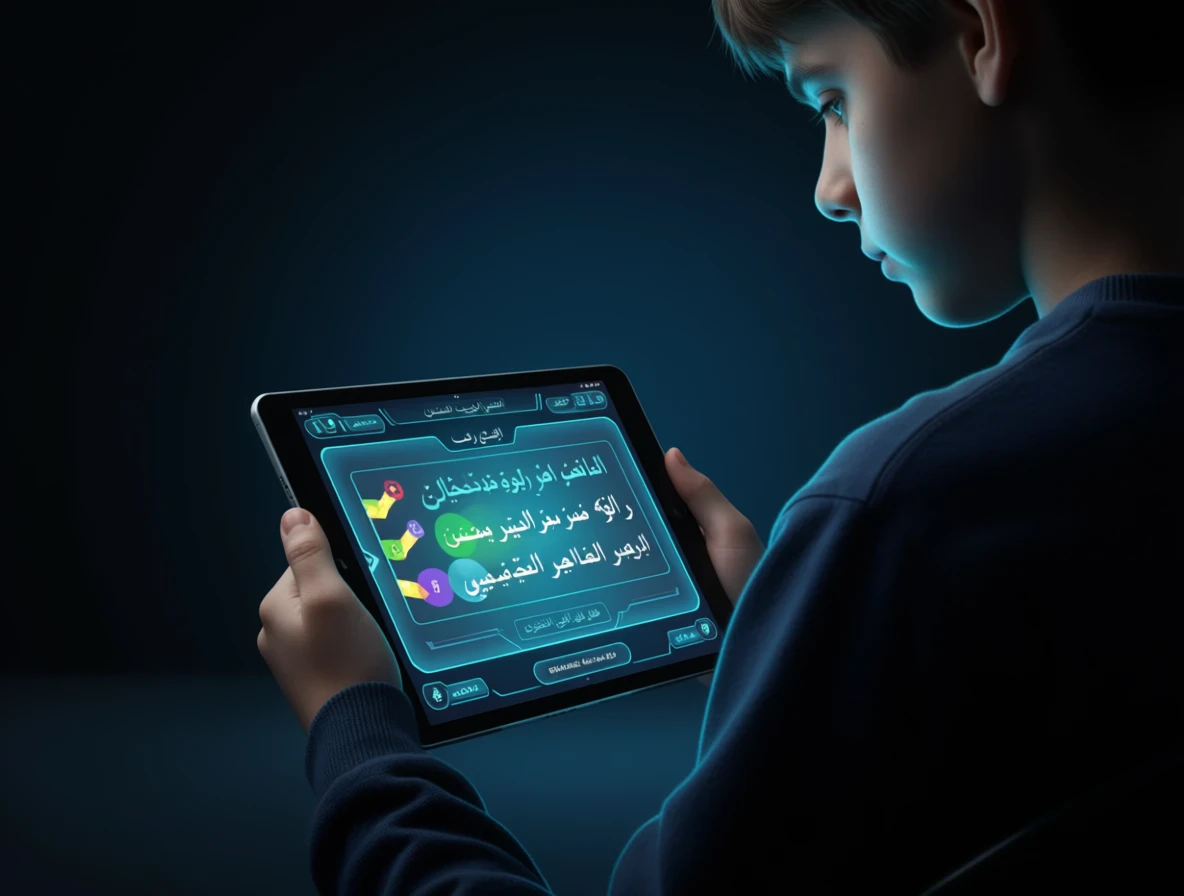
Disadvantages of Artificial Intelligence
Despite its advantages, Artificial Intelligence has clear downsides:
High costs of development and maintenance.
Threatening many traditional jobs with extinction.
Over-reliance on technology may limit human creativity.
Privacy and security concerns due to massive data collection.
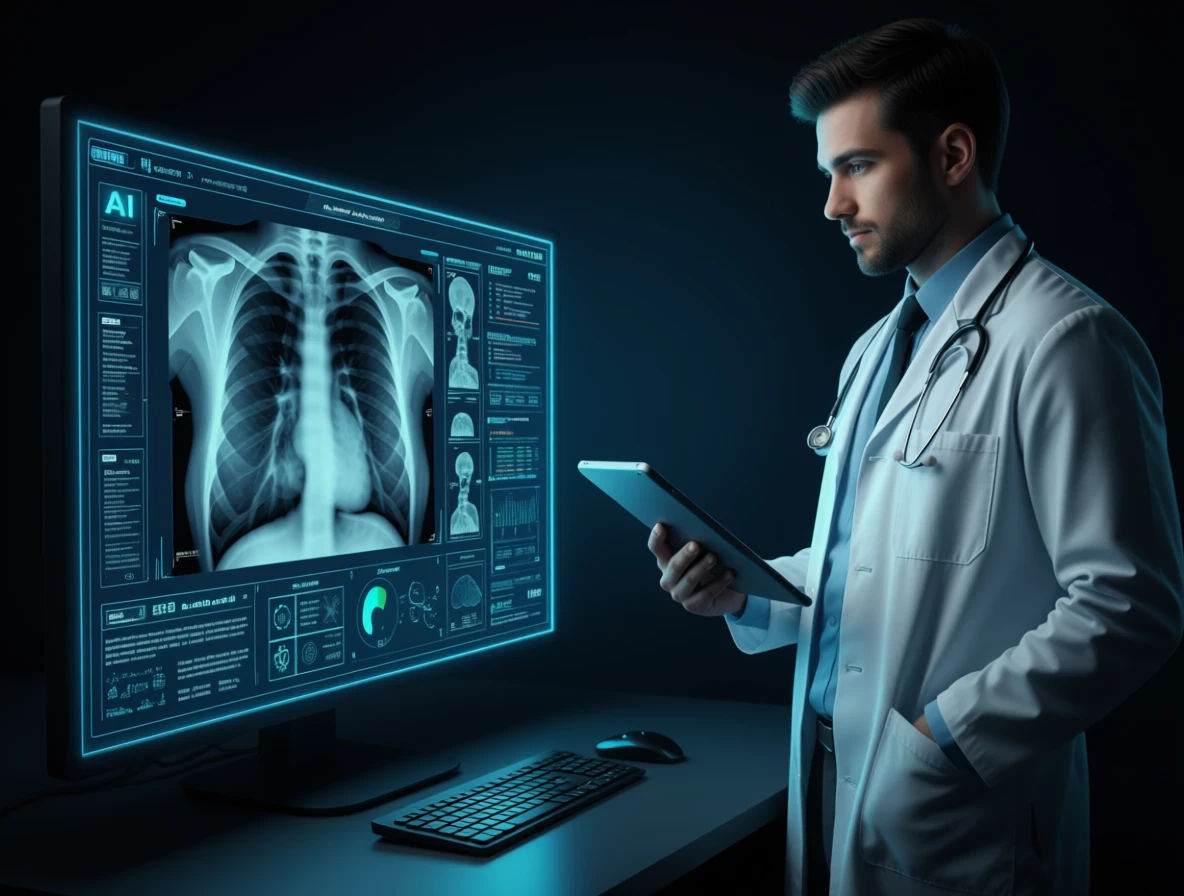
the Future of Artificial Intelligence
Experts expect AI to play a central role in the future. It may help cure incurable diseases, tackle climate change, and build advanced education systems. However, concerns remain about losing control of this technology if clear laws and ethical frameworks are not established to regulate its use.

Conclusion
Artificial Intelligence represents one of the most powerful revolutions in human history. It is reshaping industries, transforming education, and driving innovation in healthcare, business, and beyond. When applied with wisdom, AI can solve complex problems, reduce human errors, and open doors to a smarter, more sustainable future. However, if misused or left unregulated, it poses significant risks, including privacy violations, job losses, and overdependence on machines. Therefore, the future of AI depends on how governments, companies, and individuals collaborate responsibly. By combining ethics, laws, and innovation, AI can remain a tool that serves humanity positively.
